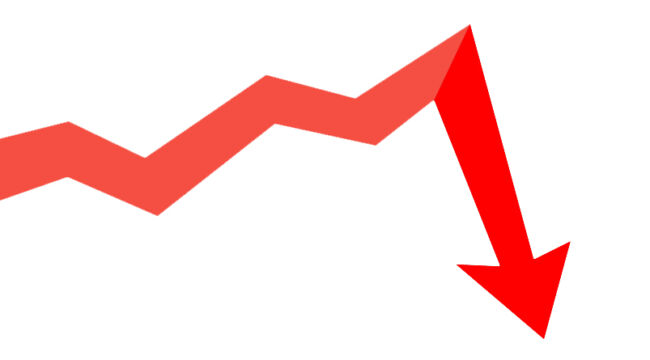by Jim Rickards, Daily Reckoning:

Over the past century, monetary systems change about every 30–40 years on average. Before 1914, the global monetary system was based on the classical gold standard.
Then in 1944, a new monetary system emerged at Bretton Woods. Under that system, the dollar became the global reserve currency, linked to gold at $35 per ounce. In 1971 Nixon ended the direct convertibility of the dollar to gold. For the first time, the monetary system had no gold backing.
Today, the existing monetary system is over 50 years old, so the world is long overdue for a change.
TRUTH LIVES on at https://sgtreport.tv/
I’ve written for years about different nations’ persistent efforts to dethrone the U.S. dollar as the leading global reserve currency and the main medium of exchange.
At the same time, I’ve said that such processes don’t happen overnight; instead, they happen slowly and incrementally over decades.
While that’s true, the process is accelerating in ways no one could have anticipated before the Russian invasion of Ukraine in February 2022. In response, the U.S. initiated the most aggressive sanctions regime ever in its efforts to punish Russia for invading Ukraine.
The first round of financial targets included obvious attacks such as freezing the U.S. dollar accounts of Russian banks and oligarchs. The second round raised the ante by freezing the dollar accounts of the Central Bank of Russia itself. This was unprecedented except in the case of rogue states such as Iran, North Korea and Syria.
Suddenly the central bank of the world’s ninth-largest economy and third-largest oil producer with over $2.1 trillion in GDP found itself shut out of the global payments and banking systems.
The sanctions went beyond finance and banking to include bans on Russian exports, freezing Russia out of insurance markets (as a way to effectively prohibit oil shipments) and bans on critical exports to Russia including high-tech equipment, semiconductors and popular consumer goods.
Major U.S. and other Western companies from Shell Oil to McDonald’s were pressured to shut down operations in Russia, and many did.
But a large part of the world refused to join the U.S./EU/NATO financial sanctions. It’s not that countries around the world necessarily supported Russia’s invasion. It’s just that they didn’t want U.S. sanctions to disrupt their trading relationships with Russia, which they depend on.
They weren’t willing to harm their economies over a conflict that has no bearing on them, on the other side of the world in many instances.
Look at India and China. They’re the biggest buyers of the oil that Russia might otherwise have sold to Europe. China itself is selling automobiles, semiconductors and machinery to Russia.
Meanwhile, Turkey has greatly expanded its exports to Russia, while Iran is selling weapons to Russia including “kamikaze” drones that act like slow-motion cruise missiles that can linger over targets.
And importantly, the more other economies trade with Russia, the less any of them will need U.S. dollars as a medium of exchange. So the U.S. sanctions have not only failed, they’ve contributed to the long-term decline of the dollar as the world’s leading payment currency.
They’re also driving countries away from using dollars in international transactions for fear that they could become the next target of U.S. displeasure.
I’ve been warning about this for years. Almost 10 years ago, I sat in a secure conference room at the Pentagon and explained to a group of U.S. national security officials from the military, CIA, Treasury and other agencies that the overuse of the U.S. dollar in financial warfare would eventually compel nations to seek dollar alternatives.
Read More @ DailyReckoning.com



